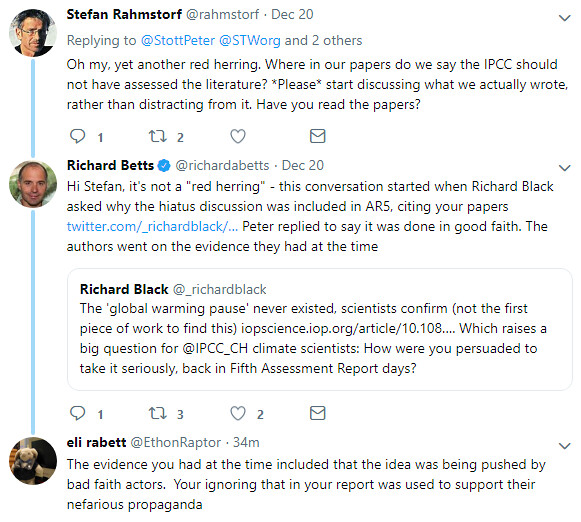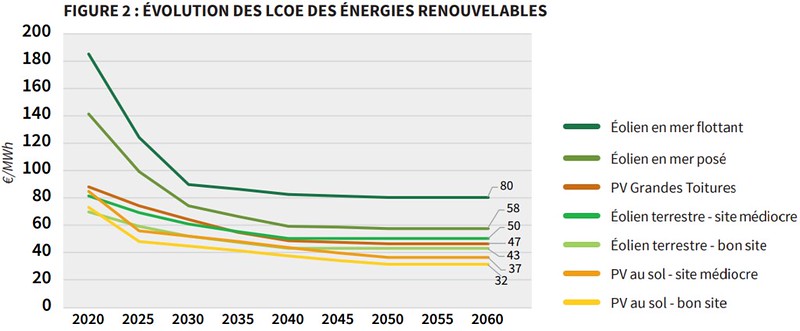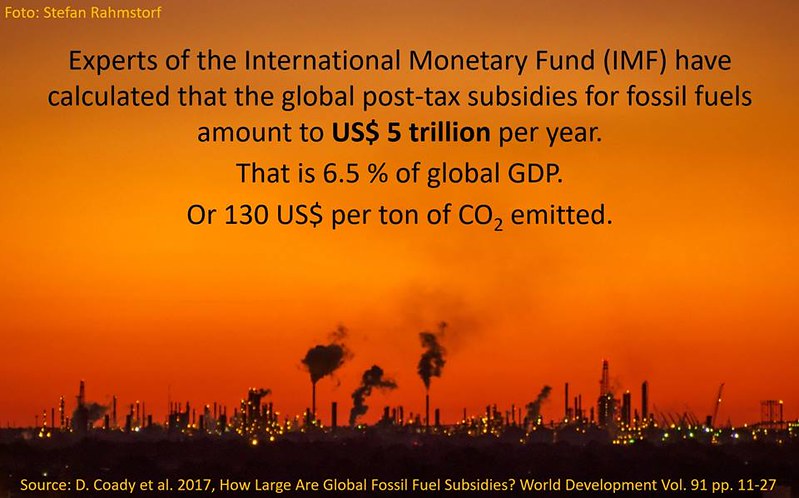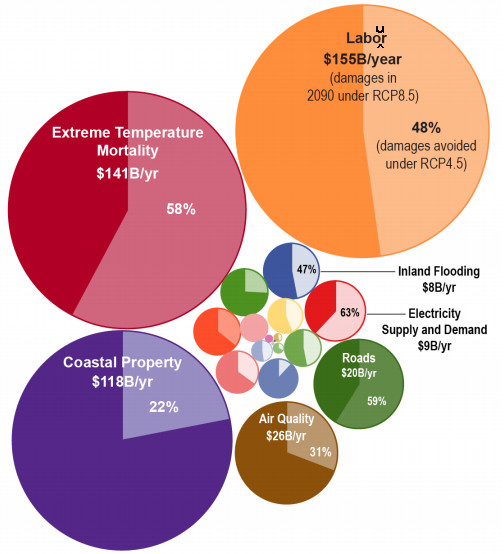By a fairly tortuous route
Denis MacShane's
old book on Brexit, which I'll come back to [
I didn't], to the UK govt's damp-squib but enormous
review of EU competences, to the
review of fundamental rights, to
Chapter 1. Fundamental Rights in Context, introduction, point 1.2, "
For example, fundamental rights have been found to mean that the sex of a driver cannot be a factor used to determine car insurance premiums".
What I'm looking for is a way to make more concrete my unease at the way the EU, and perhaps other similar institutions, define human rights
1. This tends to be hard to see in the definitions themselves, which often look like motherhood-and-apple-pie, who-could-disagree-with-that, so one has to look at the consequences
2. The "madness" of forbidding insurers to include sex-of-driver in insurance premiums is an obvious consequence to start working back from
6.
[It turns out I discussed this in 2011:
A tale of two court cases.]
Context: [
Graun, 2012] Car insurance: why women face £300 rise in premiums. An EU ruling means insurance commpanies must end gender discrimination, and female drivers under 40 will be hit hardest. As it happened, it didn't work out quite like that: [
Graun, 2017] How an EU gender equality ruling widened inequality. The author of the piece guesses, reasonably, that
Before, insurers bluntly charged you a bit more if you were male, a bit less if you were female. Now they have to price it according to rather more concise data reflecting your individual driving behaviour. Car insurance may have become less equal. But it is more fair.
So in practical terms this looks like one of those instances where people did the obvious thing, and since it was obvious everyone did the same obvious thing, and continued doing it until it was no longer possible to do the obvious thing, at which point they switched - with some associated pain - to doing something less obvious, but better. In more theoretical terms, this starts to look like one of those instances where govt / court intervention can prompt biznis to remove inefficiency. That's disappointing, because it's exactly the answer I didn't want
7.
The ABI has
a doc from 2008 on the benefit of risk pricing in insurance:
Insurers want to be competitive. They can be most competitive if the premium they charge is appropriate to cover the risk posed, but no higher than necessary. Insurance companies have an incentive to ‘risk price’ as much as possible - using more, and increasingly sophisticated, rating factors so that they can accurately predict the probability of a claim, and the likely cost of that claim. So far so dull; but it does also say that "Risk pricing incentivises safer behaviour". This is true, and good, but obviously you can't incentivise people to change sex
3. There's also a looks-similar-but-much-longer
report from 2010.
At this point - where, obviously, I'm looking to read the actual EU court judgement - I need to rant viciously at the shit-for-brains ECJ and EU, which are incapable of maintaining links to old dox. After some effort,
I find this, which I think is
the text I'm looking for. The useful bit, after stripping out goo and dribble about fairness, seems to be para 18:
The use of actuarial factors related to sex is widespread in the provision of insurance and other related financial services. In order to ensure equal treatment between men and women, the use of sex as an actuarial factor should not result in differences in individuals’ premiums and benefits. Now I look closer, that is "legal context" not the actual judgement, and comes from section 1 of
Article 5 of Directive 2004/113: ...
the use of sex as a factor in the calculation of premiums and benefits for the purposes of insurance and related financial services shall not result in differences in individuals' premiums... This is disappointing again, because it begins to look as though this isn't a question of "human rights" at all, it is simply a question of law (ah, and there is early-2008 language in that directive, which probably explains the existence of the ABI's doc from 2008). But no! Because there's section 2, which offers a derogation for those states that want it, together with a commitment to
review their decision five years after, that is, in 2012. That particular bit turns out to be badly written (no! You astonish me) because although clearly hopeful that it would stop after 5 years, it actually provides no definite termination time. And thus the actual issue before the court was
whether Article 5(2) [the derogation - WMC]
of Directive 2004/113 is valid in the light of the principle of equal treatment for men and women.
And the decision is
an exemption from the rule of unisex premiums and benefits, works against the achievement of the objective of equal treatment between men and women, which is the purpose of Directive 2004/113, and is incompatible with Articles 21 and 23 of the Charter. So the court has returned to the Charter, and has decided the issue on the basis of human rights, although apparently strongly guided by the text of the Directive 2004/113. To anyone mathematically literate it seems obvious that the text of the directive is defective, and the meaning of "equal treatment" dubious: there are, obviously, two possible meanings: (A) one that the sexes should be charged equal premiums, and (B) another that the sexes should not be discriminated against; that they should pay proportionate to their risk. A is the stupid version; B the more intelligent one; the EU and the court seem to have decided on A, without even considering B, which is puzzling. But I should not be surprised to discover the EU and the court to be mathematically illiterate.
But now I'm back at where I wanted to be, which is reading
the charter of rights in the context of a decision. Article 21, non-discrimination, is mostly
Any discrimination based on any ground such as sex, race, colour, ethnic or social origin, genetic features, language, religion or belief, political or any other opinion, membership of a national minority, property, birth, disability, age or sexual orientation shall be prohibited. Whereas article 23 is
Equality between women and men must be ensured in all areas, including employment, work and pay4. Taken literally, these articles are of course drivel: because they are binding on everyone. This is an interesting difference from, say, the US constitution. The US constitution guarantees freedom of religion not by giving you a personal "right" to same, but by banning the govt from making laws about religion. This very neatly avoids using the word "right", which has no clear meaning
5. The US constitution binds the US govt, which is it's purpose, so that is all logically coherent. The EU charter of rights by contrast "grants" people "rights" of unclear meaning, and thereby binds everyone. And hence read literally forbids me from preferring women to men; or vice versa; which is drivel. At which point you're obliged to go "oh no that's not what we meant by discrimination", which of course you haven't defined either. And so it is all a mess.
Conclusion: the court, based only on the charter, could have decided the issue either way, and should have decided on the basis of sanity rather than insanity. But the language of Directive 2004/113 made that difficult. But insofar as this illuminates the charter of rights, it shows it in a bad light.
Note: piecing all this together was tedious, and perhaps error prone. If anyone can point me to a clear exposition of these issues that I should have read, please do so.
Notes
1. The report actually uses "fundamental rights" but the distinction between this and the more commonly understood "human rights" is thin: as para 1.1 says,
Human rights are often described as basic rights inherent to every person. They can take the form of protections for individuals, organisations and business, such as freedom of expression. ‘Fundamental rights’ is the term used to describe human rights as they are recognised in EU law. However, EU fundamental rights do not necessarily afford the same guarantees as human rights in other contexts.
2. Note that I started writing this post before looking very far, so that's sort-of unbiased, but if I find anything too contradictory to what I want to say, this post will never see the light of day.
3. You can incentivise them to drive more safely so their entire sex's risk premium is lowered, but this is too diffuse an effect.
4.Article 23 continues
The principle of equality shall not prevent the maintenance or adoption of measures providing for specific advantages in favour of the under-represented sex, which is obviously shit, because it admits grubby compromise into your fundamental principles. But let's not go there now.
5. Alas, they totally stuffed this up for the
Second Amendment8.
6. Also actuarial stuff, but I came across the insurance premiums first.
7. But I'm not downcast, because this is a theoretical not practical post. FWIW, my answer to "but if it had a good outcome why complain" is that forcing people to be good is bad, and only permissible when the contrary would be terrible.
8. Miriam questions whether "human rights" was even considered at the time of the US constitution.
Wiki's History of human rights says otherwise, and of course the
Declaration of Independence asserts
that that all men are created equal, that they are endowed by their Creator with certain unalienable Rights... Whether that is quite the same meaning as we give the word can be questioned.
Refs
*
Why We Need Ideology - Ilya Somin; Volokh.
*
Whatever the cost may be..." Really??? - Alberto Mingardi; EconLib.
*
Centre for European Reform.
 Aka "the year in Stoats, 2018". This year, in honour of DA's comment about comments, I present my "top" posts of 2018, as measured by the number of comments they got.
Aka "the year in Stoats, 2018". This year, in honour of DA's comment about comments, I present my "top" posts of 2018, as measured by the number of comments they got.


 It's stupid. Hopefully it will die in a ditch, and take the proponents down with it.
It's stupid. Hopefully it will die in a ditch, and take the proponents down with it.









